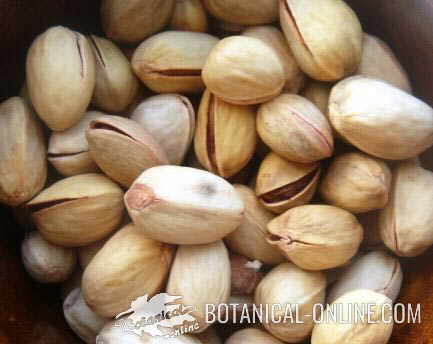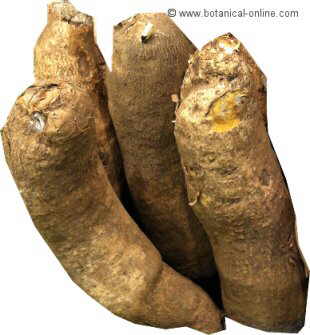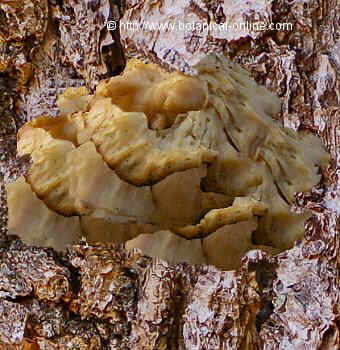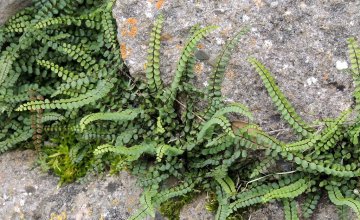Contents
Possible nutritional deficiencies in vegetarianism
Nutritional problems of a vegetarian diet

As it occurs in other types of nutrition, a vegetarian diet can convey health problems if not done in a balanced, varied way. A vegetarian diet requires an organized structure, contemplating any possible nutritional deficiencies
All nutrients are important and, in some cases, essential. If not properly provided, they can bring nutritional deficiencies, being a risk factor for many diseases and disorders, that can be avoided with a proper diet..
Essential amino acids
They are amino acids that our body can not synthesize by itself and require to be obtained from food. If someone’s diet does not contain all the essential amino acids, some deficiencies will appear very harmful to our health.
To avoid this situation we must learn how to combine plant foods to get all the essential amino acids and which are the limiting amino acids.
More information on the essential amino acids in vegetarianism.
Vitamin B12
Vitamin B12 or cobalamin is part of the B vitamins. It has the particularity that it is not in its functional form in foods of plant origin, but it appears in foods of animal origin.
This vitamin is necessary for our body and its functions. For example, for the absorption of iron to prevent anemia. Making a vegan diet, where all foods of animal origin have been completely eliminated, can generate a nutritional deficiency in our body with very negative consequences for our health.
More information about vitamin B12 in vegetarianism.
Calcium
Calcium is a mineral essential to maintain our skeletal structure strong and resilient, but it is also involved in a multitude of reactions in our body, therefore we should not create deficiencies of this mineral. Vitamin D helps to adsorb calcium better.
If the vegetarian die we do does not include dairy intake, we must be sure make sure that other foods cover our calcium needs. If we can not cover this through our regular diet, we can eat foods fortified with calcium that can supplement our diet and avoid and prevent the onset of diseases associated with a deficit or lack of this mineral
Vitamin D
Vitamin D is a vitamin that is not difficult to obtain, but sometimes it happens. In is found in fish, fish oils, but it is not found in plant foods. Thus, we can need it if our food is strictly vegetarian, vegan or restrictive.
Another way to obtain it without the need for specific supplementation is to take the sun for a set period of time each day. In dark places it is sometimes very difficult for people living there to obtain this vitamin from sun exposure.
More information about calcium and vitamin D in vegetarianism.
Zinc
Zinc is a mineral with a high antioxidant effect in our body that helps fight the damaging effect of free radicals. A vegetarian diet usually does not produce zinc deficiency due to its high consumption of whole grains.
But there are a number of factors and substances which, when taken together with foods rich in zinc, interfere with its absorption, thereby, they are eliminated by the body without being absorbed. These factors should be taken into account in a vegetarian diet, since they can generate a deficit and end up causing a lack of zinc.
More information about the zinc in vegetarianism.
Iodine
Iodine is part of the minerals that should be part of our diet for proper performances of the thyroid glands. We can find it in significant amounts in food and marine animals such as fish and seafood, but also in some other plant foods, such as iodized salt and some algae.
If we do not provide our body the necessary amounts of this mineral, this can cause the appearance of a very showy symptoms, called goiter, in which the neck swells excessively. It is not only important not to generate iodine deficiency because we look ugly, but if we do not supply the thyroid the iodine required, it will not work properly and this will produce some health problems.
More information on iodine in vegetarianism.
Iron
Iron should be part of our diet for proper transport of oxygen through the blood, among other important and vital functions.
Iron is found in significant quantities in animal foods such as meat, but also in some other plant foods such as vegetables. The iron in plant foods is less well absorbed than that found in foods of animal origin, so we must monitor and ensure their intake in order to avoid shortages. Iron deficiency is related with some diseases, such as anemia. Vitamin C helps increase iron absorption.
More information about the iron in vegetarianism.
Choline
Choline is an amine that is considered an essential nutrient for proper brain functioning. It mainly appears in foods of animal origin, thus, if we make a strict vegetarian or vegan diet, it will be difficult to meet its requirements.
There is a number of plant foods that also contain choline and that we must keep in mind if we want to adopt a vegetarian diet.
More information about choline in vegetarianism.
Omega 3 fatty acids
Essential fatty acids are those that our body can not synthesize by itself, and therefore, we provide through our diet. There are two families of essential fatty acids, the omega 6 family and the omega 3 family. Within each family, in turn, there are fatty acids with different properties.
The fatty acids of the Omega 3 family can be obtained largely, though not exclusively, from animal foods such as oily fish. Some plant foods like flax seeds and walnuts also contain it, but sometimes it can not meet our requirements through our regular diet.
More information about omega 3 fatty acids in vegetarianism.
![]() More information about vegetarianism.
More information about vegetarianism.








